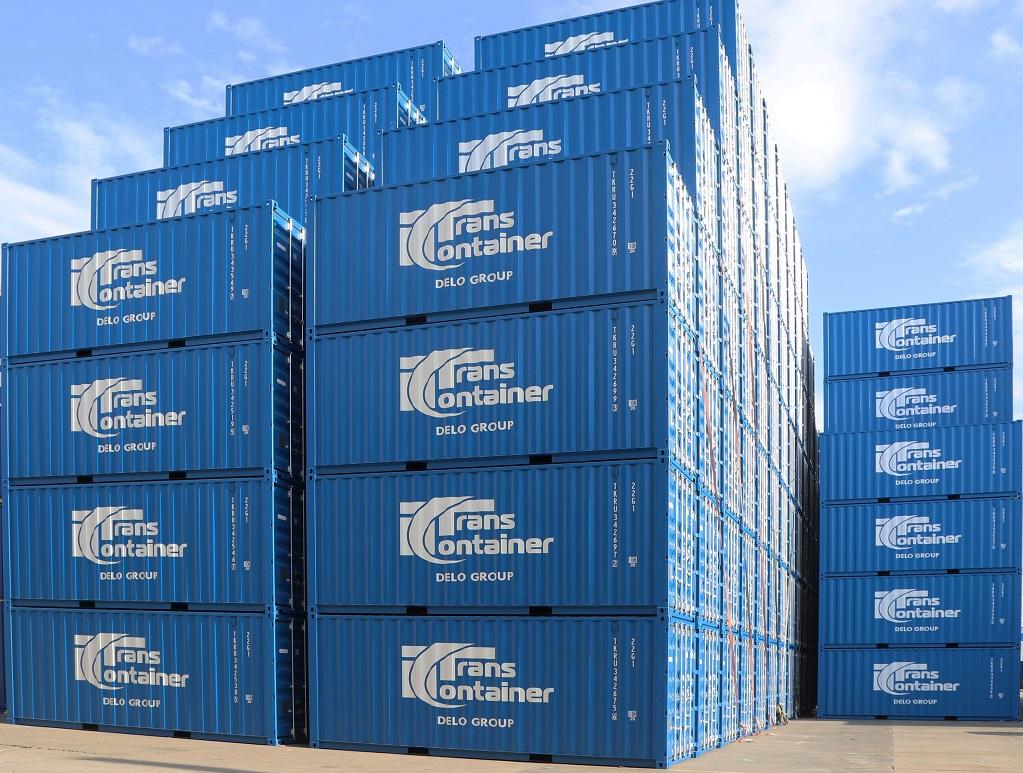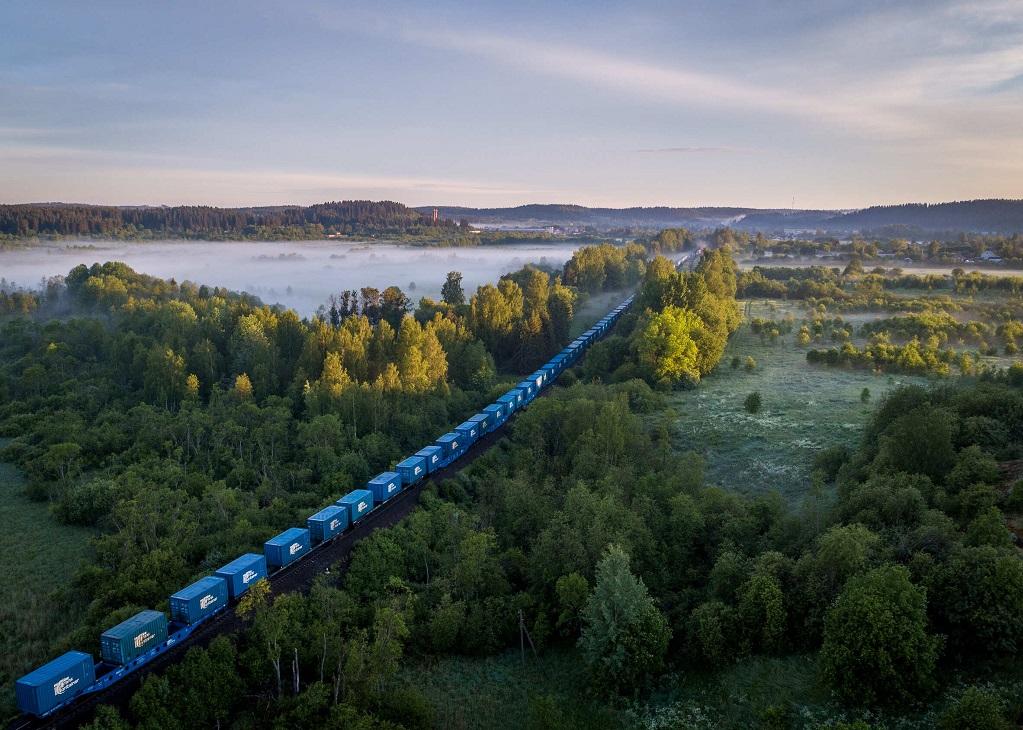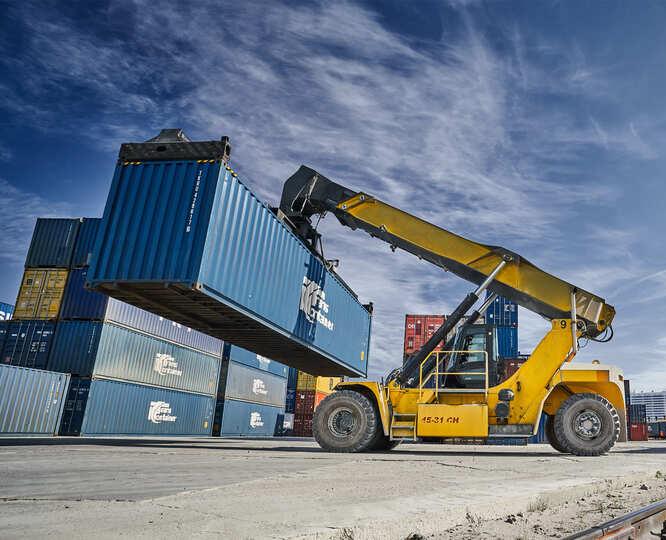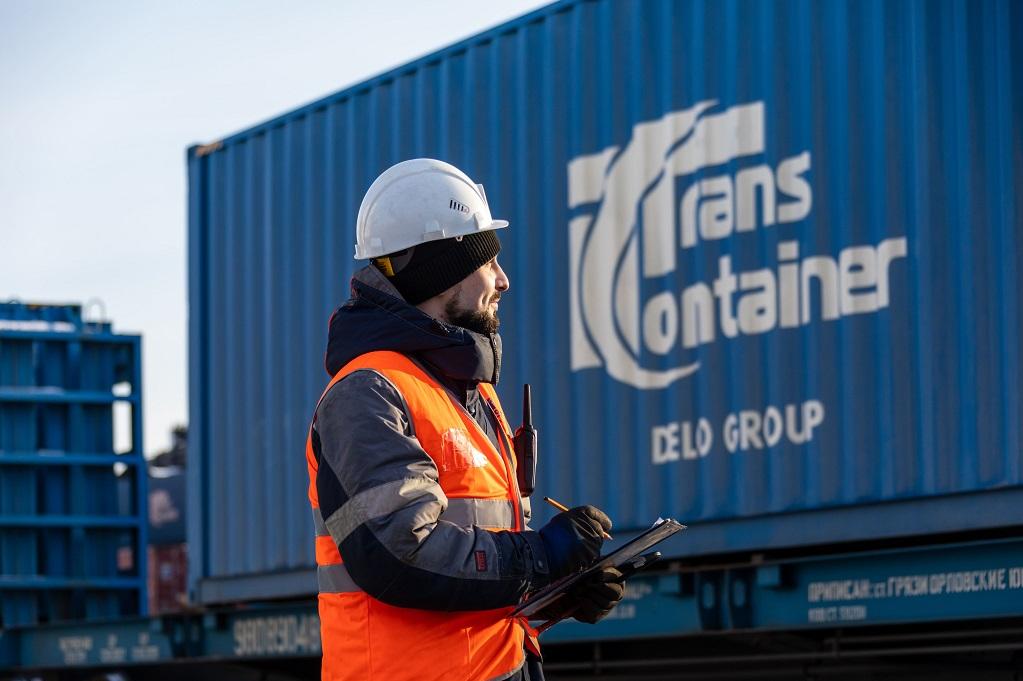Press Releases
TransContainer launches regular block train from Nakhodka to Krasnodar for delivery of imports from Asia-Pacific region
PJSC TransContainer (part of Delo Group) launched a regular block train from Nakhodka-Vostochnaya station to its own terminal in Krasnodar. The service is focused on the delivery of import cargo arriving by sea to the Vostochnaya Stevedoring Company (VSC, asset of Global Ports, also part of Delo Group) from the countries of the Asia-Pacific region.
The first train along the route comprised 79 containers (150 TEUs) with consumer goods from China. Transit time by railway is 13 days. There are plans to dispatch block trains from Nakhodka to Krasnodar twice a month in the future.
“The train to Rostov-Tovarny station was the only one previously available to our customers for regular deliveries from Nakhodka to the regions of Southern Russia. In an effort to improve the quality of our services even amid increased load on this direction, we diversify our destinations network – the launch of a new service will allow reducing the workload on the Rostov terminal and shortening delivery times,” Sales and Customer Service Director Nikita Pushkarev noted.
The workload on railway and terminal infrastructure of the regions of Southern Russia has soared since March 2022 amid changes in import logistics. The number of trains destined for Rostov-on-Don went up from 3 in January to 18 in October. With a view to reduce the workload on TransContainer’s terminal in Rostov-on-Don and hence reducing import delivery times, the company previously increased the area of customs control zone from 40 TEUs to 240 TEUs, put the second reach stacker into operation and switched the terminal from 12-hour to 24/7 operation. The measures taken by the company will enable increasing daily handling capacity from 38 to 74 conventional wagons and doubling the number of serviced block trains to 20–22 per month.




